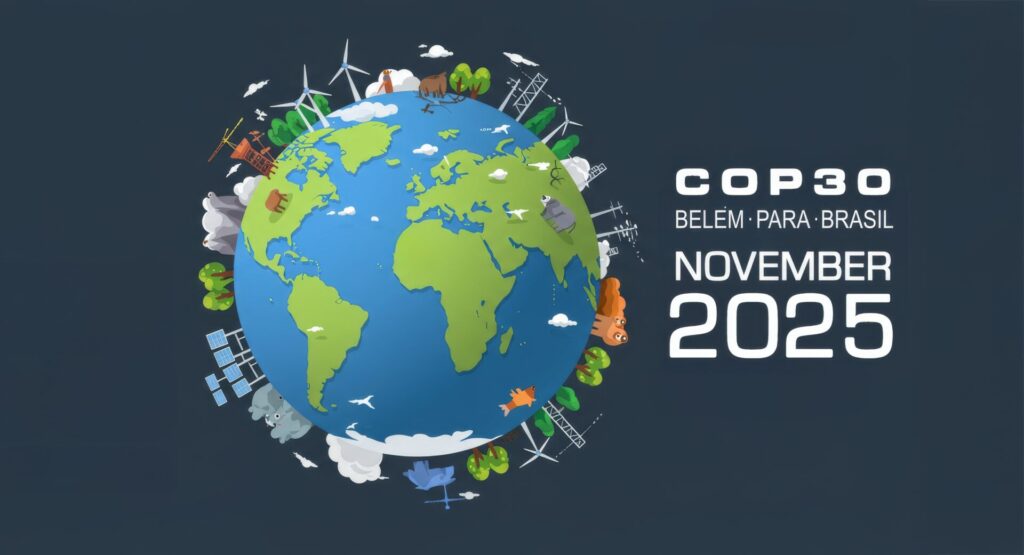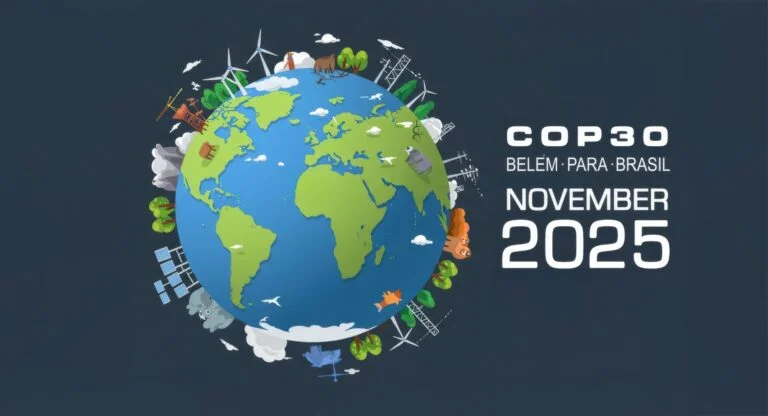
Indigenous Protests Call for Urgent Action
Adaptation and Resilience Take Centre Stage
Finance and Partnerships to Support Resilience
Carbon Markets and Governance Evolve
Catch Up On Other COP30 Updates

COP30 Day 12 Summary: Friday 21st November 2025
On the last scheduled day of the COP30 summit in Belém, delegates from nearly 200 countries convened for the final

COP30 Day 11 Summary: Thursday 20th November 2025
Day 11 of COP30 in Belém faced an unexpected and disruptive incident when a fire broke out in one of

COP30 Day 10 Summary: Wednesday 19th November 2025
Day 10 of COP30 delivered a combination of substantive progress on practical climate action and continuing challenges within the formal

COP30 Day 9 Summary: Tuesday 18th November 2025
Day 9 of COP30 in Belém marked a shift from technical discussions to more politically charged negotiations. With ministers arriving,

COP30 Day 8 Summary: Monday 17th November 2025
Day 8 of COP30 in Belém marked an important turning point in the summit. By this stage, delegates had moved

COP30 Weekend Summary: 14th-15th November 2025
This weekend at COP30 in Belém was packed with major announcements, powerful protests, and growing pressure on world leaders to

COP30 Day 4 Summary: Thursday 13th November 2025
Day 4 of COP30 in Belém opened against a backdrop of strong expectations and mounting tension. The summit’s focus shifted

COP30 Day 3 Summary: Wednesday 12th November 2025
Day 3 of COP30 in Belém included a striking display. More than two hundred boats carrying thousands of Indigenous leaders,

COP30 Day 2 Summary: Tuesday 11th November 2025
As COP30 continued in Belém, Brazil, Day 2 brought a mix of disruption, debate, and growing calls for action on

COP30 Day 1 Summary: Monday 10th November 2025
The 30th Conference of the Parties (COP30) opened in Belém, Brazil, marking the start of two weeks of negotiations on






